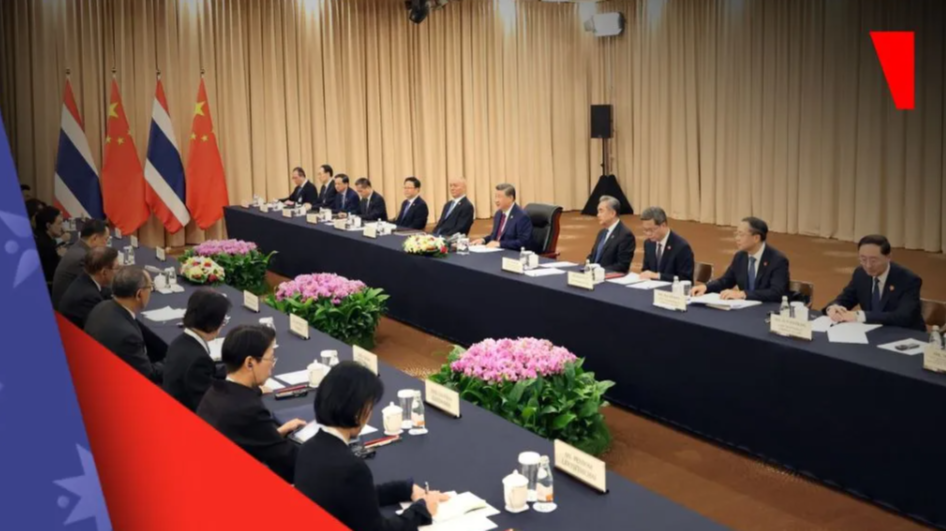
Thailand has confirmed it will not move forward with casino legalisation for now, after Prime Minister Anutin Charnvirakul reassured Chinese President Xi Jinping during high-level talks that the current government has no intention of pursuing gambling reforms. The discussions, held on the sidelines of regional meetings, underscored how geopolitics, tourism economics, and cross-border safety concerns have become increasingly intertwined.
The meeting also served as preparation for the 50th anniversary of diplomatic relations between Bangkok and Beijing in 2025. Both leaders emphasised deeper cooperation on tourism recovery and cybercrime, with PM Anutin describing the policy as an opportunity to articulate a “safe and prosperous future”.
China’s leadership has long taken a strict stance against outbound gambling. President Xi has previously discouraged Chinese citizens from travelling to countries that openly promote casinos, warning that criminal syndicates often exploit such environments.
Chinese arrivals have historically been Thailand’s largest tourist segment. As per official data, there was a 34 percent year-on-year decline in Chinese visitor numbers during the first half of the year to 2.26 million. And so, the government believes that this statement may restore confidence from Beijing, which could be crucial to reversing that decline. Tourism contributes about 12 percent of Thailand’s GDP, and policymakers are under pressure to boost visitor numbers without undermining social stability.
Earlier this year, the former Thai PM Paetongtarn Shinawatra had backed a draft bill to legalise casinos within large integrated entertainment complexes. The proposal aligned with a wider regional trend, as countries such as Singapore and the Philippines leveraged regulated gambling to increase foreign investment, hotel occupancy, and state revenue.
Supporters argued that Thailand was losing billions of baht to cross-border casinos in Cambodia and Laos, and that legalisation would repatriate spending while creating tens of thousands of jobs.
The economic logic was compelling: a controlled casino sector can capture tourism inflows, increase tax revenue, and limit illegal gambling markets. However, the proposal faced severe domestic opposition. Religious groups, academics, and civil society warned of rising household debt, addiction risks, and regulatory loopholes — problems that have challenged neighbouring jurisdictions. Legal and constitutional questions emerged too, particularly around enforcement mechanisms and the country’s longstanding gambling ban.
The bill was formally withdrawn from legislative consideration in July 2025 after Shinawatra lost a majority in the House. The move left the initiative in limbo and shifted momentum towards caution. Just a few weeks ago, Thailand also revoked the legalisation of poker.
Following PM Anutin’s statement, the geopolitical picture becomes clearer. President Xi has repeatedly described the spread of casinos abroad as a threat to Chinese citizens, with Beijing targeting “foreign casino solicitation” networks. Thailand’s decision not to move forward effectively safeguards its tourism ties with China amid fierce competition for visitors across Southeast Asia.
#Thailand #GamblingRegulation #Tourism #Geopolitics #CasinoIndustry #SoutheastAsia